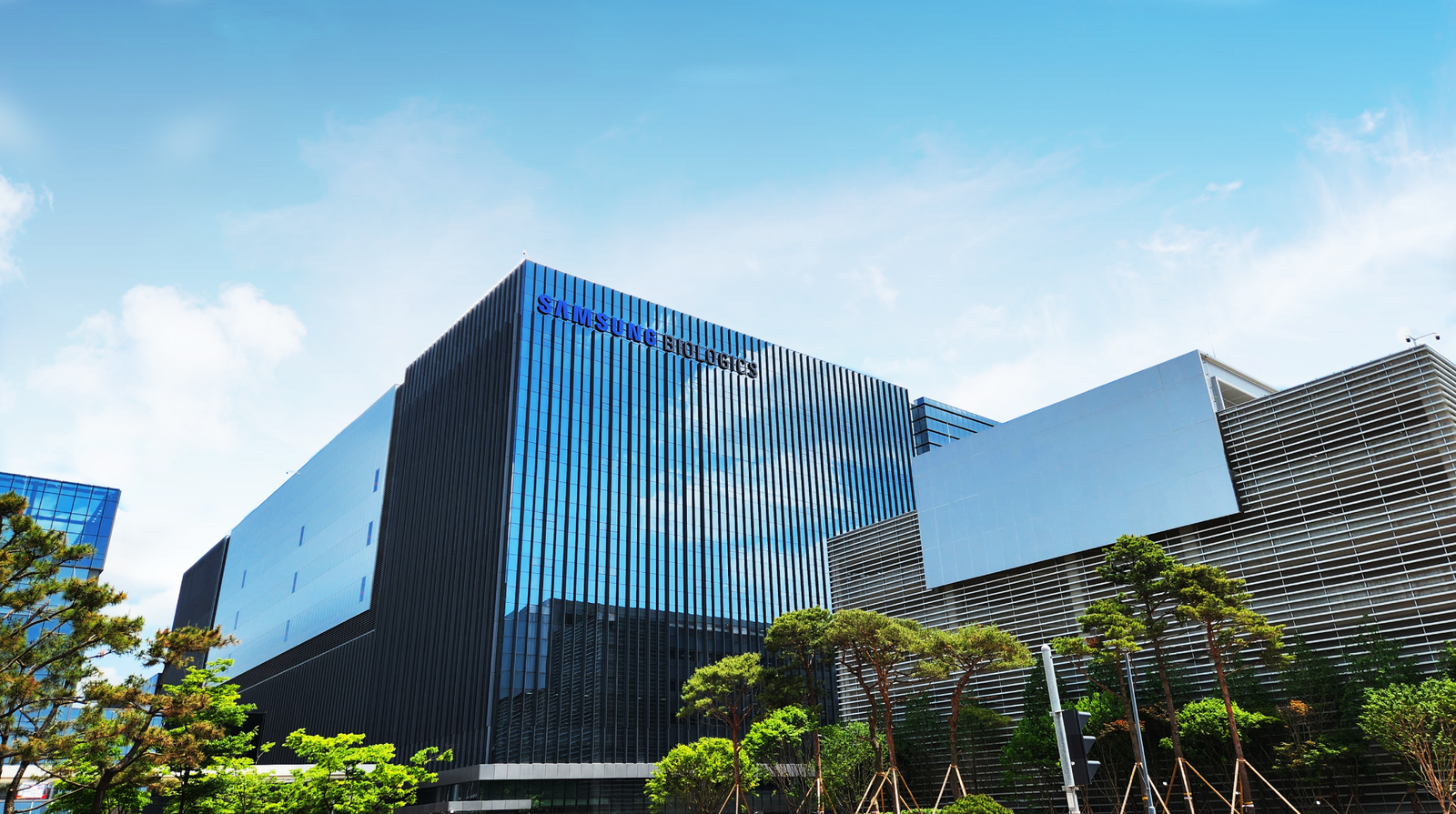Table of Contents
Contract development and manufacturing organization Samsung Biologics is focused on long-term growth. After over a decade of fast-paced expansion and 13 consecutive quarters of revenue gains, the CDMO is on pace to continue advancing a growth strategy that includes expanding manufacturing capacity, increasing its global footprint, and diversifying its portfolio. When it comes to portfolio diversification, mRNA vaccine production is a key component of Samsung Biologics’ long-term strategy.
Pierre Catignol, executive vice president and head of manufacturing at Samsung Biologics, emphasized the CDMO’s commitment to mRNA in a recent webinar for Pharmaceutical Technology.
“We have mRNA-dedicated teams and experts to answer all your questions and take care of your product. We have a full scope of services and we have all flexible scales from laboratory to commercial. We can tailor according to your needs,” he explained. “We have a proven quality track record at the highest standard with more than 150 approvals from over 25 health authorities from our history of monoclonal antibodies.”
Samsung Biologics is hoping to draw on its experience as a leading provider of monoclonal antibodies at a variety of scales and apply this expertise to the fast-growing mRNA vaccine production market. It has experience as a provider of fill/finish services for Moderna’s mRNA COVID-19 vaccine, and in 2022 it expanded its capabilities, adding an end-to-end mRNA vaccine production suite that can handle both drug substance and drug product services. The CDMO is planning on utilizing these capabilities to partner with companies that are doing innovative work in mRNA as the technology advances beyond COVID-19 applications.
MRNA Vaccine Production at Samsung Biologics
MRNA vaccines use precisely designed genetic material to trigger an immune response against a specific pathogen. With its end-to-end capabilities, the process of mRNA vaccine production at Samsung Biologics involves several steps, including pDNA linearization, transcription of DNA to mRNA, purification using enzymes, and aseptic fill/finish procedures.
The first step in mRNA vaccine production is to obtain the genetic code for the pathogen. This code is usually obtained by isolating the pathogen’s DNA and inserting it into a circular piece of DNA called a plasmid. This plasmid is then linearized using a restriction enzyme, which cuts the circular plasmid at specific points to create a linear piece of DNA that contains the pathogen’s genetic code.
Once the linear DNA has been obtained, it’s transcribed into mRNA using an enzyme called RNA polymerase. The RNA polymerase reads the DNA code and synthesizes a complementary mRNA strand. The resulting mRNA contains the same genetic information as the original DNA but in a different form that can be used to produce the vaccine. The mRNA is then purified using enzymes to remove any impurities.
After purification, the mRNA is ready for aseptic fill/finish procedures. This involves the transfer of the purified mRNA into sterile vials, which are then sealed to prevent contamination. The aseptic fill/finish procedures are critical to ensure that the final vaccine product is sterile and safe for use, and they require precise clean room conditions.
MRNA also requires cold chain storage to prevent degradation, and Samsung Biologics provides ultra-cold conditions as low as minus 70 degrees Celsius.
How mRNA Fits Into Samsung Biologics’ Growth Plans
Expanded mRNA vaccine production is part of a broader portfolio diversification push for Samsung Biologics. In addition to building its mRNA vaccine facility in 2022, the CDMO fully acquired Samsung Bioepis, a biosimilars joint venture it founded with Biogen. Samsung Biologics also invested in Jaguar Gene Therapy and Senda Biosciences, which is working on an innovative technology that can program nanoparticles and information-bearing molecules such as mRNA for therapeutic applications.
John Rim, Samsung Biologics president and CEO, explained that the company plans to continue its portfolio diversification strategy in 2023, with a focus on antibody-drug conjugates, targeted drugs that link monoclonal antibodies and targeted drugs that are often designed to fight specific cancers.
“The company plans to expand its portfolio, such as antibody drug conjugates and cell and gene therapy in line with market changes and prepare a foundation for sustainable growth,” said Rim at the 2023 J.P. Morgan Healthcare conference in January.
Rim also noted that Samsung Bioepis has an opportunity to capture some of the market share that will be lost by Humira, an arthritis treatment that’s the world’s most prescribed drug, when its patent expires this year. Samsung Bioepis has developed and received Food and Drug Administration approval for a high-concentration formulation of Hadlima, a biosimilar that references Humira.
“From a portfolio perspective, we have the broadest biosimilar portfolio with 10 products,” said Rim. “The biggest opportunity for us this year will be the launch of the Humira biosimilar, which will happen in July.”
As Samsung Biologics continues with its portfolio diversification efforts in areas such as mRNA vaccine production, antibody-drug conjugates, and biosimilars, it also remains committed to expanding its manufacturing capacity. The CDMO recently launched a fully operational Plant 4 and will break ground on Plant 5 in 2023. When its fifth plant is completed, Samsung Biologics will provide an industry-leading biomanufacturing capacity of 784,000 liters.

